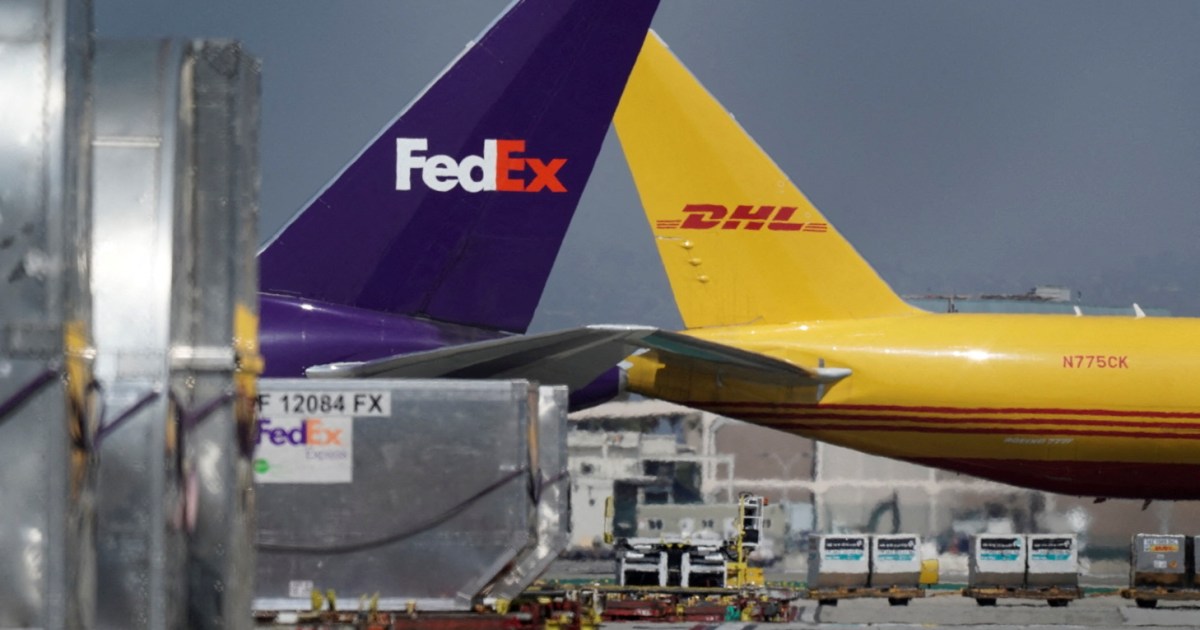The US’s Friday-day loophole closure is expected to be followed by a six-month transition period to a new tariff regime.
Prior to the cost change, more than 30 nations, including Australia, Germany, Japan, and Mexico, have temporarily or permanently suspended package shipments to the US.
Postal unions around the world claim that before resuming shipments to the US, more details must be provided.
DHL, a global logistics company, announced that it would not send business parcels to the US until “unresolved” questions are resolved regarding “how and by whom customs duties will be collected in the future” and “how the data transmission to the US Customs and Border Protection will be carried out.”
Starting August 29th, a White House fact sheet that was released on July 30 stated that tariff rates for small packages will be determined in one of two ways.
Depending on the country of origin, the first option offers a flat rate of $80 to $200 per item. The second choice is based on the package’s value and the “reciprocal” tariff rate that the White House has for each country.
After the first six months, all small packages will be subject to a 10% to 40% tariff in the majority of nations.
Although negotiations are ongoing with key trade partners Mexico and China, the White House set its “reciprocal” tariff rates for the majority of its trade partners in July.
The “de minimis exemption,” which allows people to avoid paying import tax on small items, is a policy that President Donald Trump’s administration believes is necessary to lower the US trade deficit. It also states that it will help to stop the flow of narcotics across borders.
De minimis exemption has been in place since the 1930s, but it was a significant factor in the US economy after it was increased from $200 to $800 in 2015. By allowing retailers to ship directly to the customer, the import tax exemption helped open the door for less than $800 in e-commerce.
According to US customs data, the number of packages passing the US border has increased by tenfold over the past ten years, from 129 million to 1.36 billion.
Source: Aljazeera

Leave a Reply